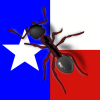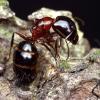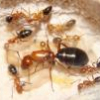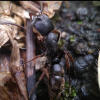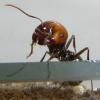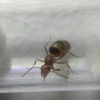Ants_Texas' Odontomachus brunneus Journal (Started 3/4/18)
About Odontomachus: Odontomachus is a native but extremely rare ant genus that happens to live in Texas. Texas has four species of Odontomachus, and three are native. The native speices are Odontomachus brunneus, Odontomachus desertorum, and Odontomachus clarus. Odontomachus haematodus is the only exotic trap-jaw species in Texas, and it originates from South America, The Caribbean, and Central America.
The Backstory: I bought this colony from a local Texan, and they started with around 25 workers and 2 eggs. The reason for the lack of brood is because they were recently taken out of diapause.
The Catch: Having a trapjaw colony in the first place in Texas is a great honor. Trapjaws are among the rarest ants in Texas. This colony has something even more special up its sleeve, though. This colony has two queens. This isn't common among native Texas trap-jaws, but I'd assume that Odontomachus haematodus tolerates multiple queens.

AntsCanada Thumbnail Style

Without the Clickbait. (Sorry, Mikey) ![]()
Enjoy the Journal! I'll definitely be putting in lots of effort to this colony, especially due to its polygeny.
Edited by Ants_Texas, March 8 2018 - 4:47 PM.


